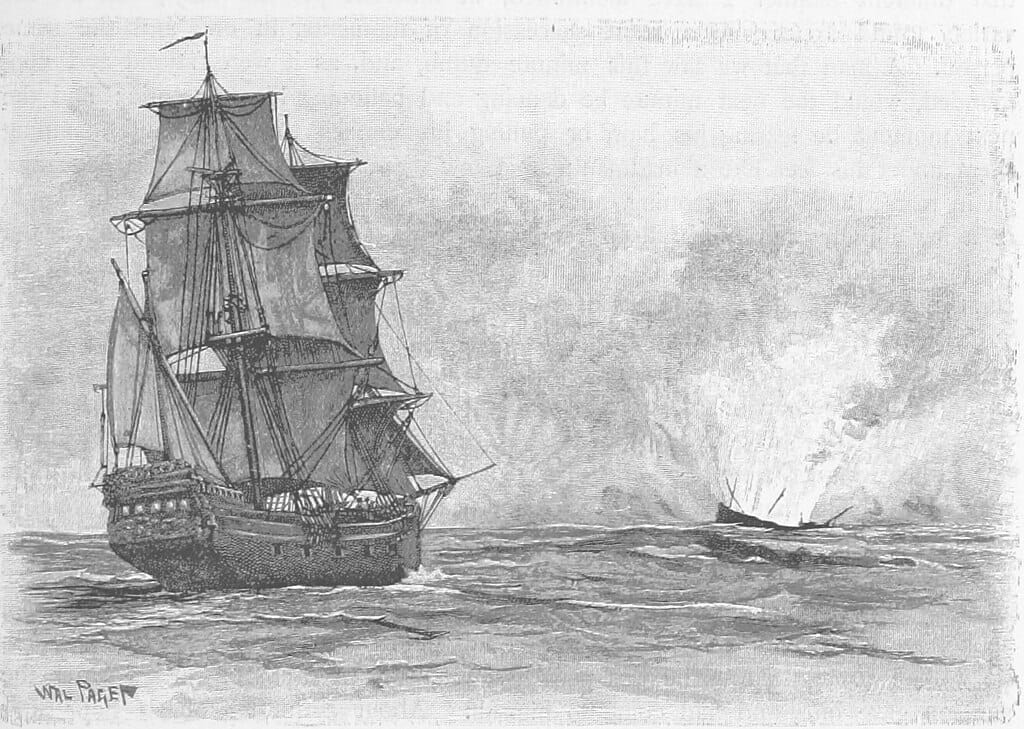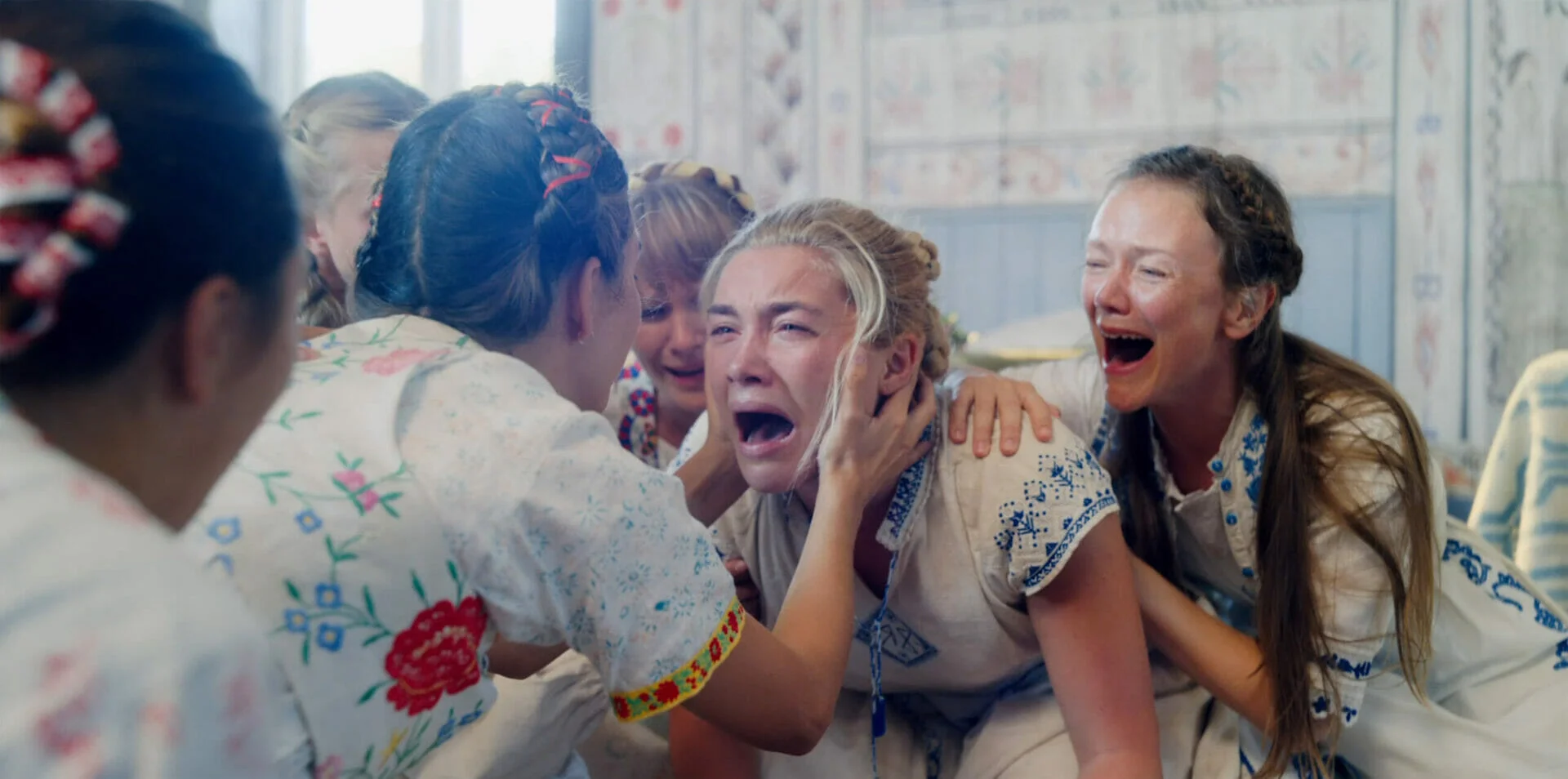
The Road Not Taken | A hymn to brave choices
Author
Year
Length
In the movie Dead Poets Society (1989), directed by Peter Weir, Professor John Keating (Robin Williams) takes his students outside in the courtyard for one of his nonconformist and inspiring lessons. “No grades at stake gentlemen, just take a stroll,” he says. At first, each student walks at his own pace, but soon enough, they synchronize and begin a march-like stride. In this way, Mr. Keating’s intention is to prove the importance of conformity, the difficulty everyone experiences as an individual to maintain his own beliefs in the face of others. To incite them to follow their path, he quotes Robert Frost’s most famous poem, The Road Not Taken: “Two roads diverged in a wood, and I / I took the one less traveled by, / And that has made all the difference.”
Two roads in the wood
Two roads diverged in a yellow wood,
And sorry I could not travel both
And be one traveler, long I stood
And looked down one as far as I could
To where it bent in the undergrowth;
The Road Not Taken resembles a fairy tale. With a hypnotic rhyme scheme (ABAAB) and an old-fashioned writing style, the narrator introduces the reader to a yellow wood, where two roads diverge. At first, doubtful and insecure, the traveler stares at both of them. Then, in a leap of faith, he chooses the second one. In the last stanza, the narrator refers to a future moment when he looks back in time to the choice he made. With a sigh, he acknowledges that he opted for the road less traveled, and that was the key to his success.
Turning uncertainty into a triumph
I shall be telling this with a sigh
Somewhere ages and ages hence:
Two roads diverged in a wood, and I—
I took the one less traveled by,
And that has made all the difference.
Frost’s poem has become a hymn to the courage to make difficult decisions in the face of every conformist tendency. But the roads Frost describes are apparently equal: as for the passing there / had worn them really about the same. Ergo, taking one or the other involves a fleeting drive. However, the last stanza adds meaning to the whole text. Frost takes an impulsive decision and retrospectively turns it into a triumphant and heroic choice, in perfect line with the rhetoric of the American hero. As a matter of fact, The Road Not Taken is also about the significance individuals assign to arbitrary choices. They look at the past to fix their personal narrative, but the truth is that a choice becomes relevant because it’s the only choice whose outcome is known.
A very tricky poem
Incidentally, Frost himself warned his audience about this poem. For instance, before a public reading in 1961, he labeled it a “tricky poem, very tricky”. And this has to do with the genesis of The Road Not Taken. In fact, between 1912 and 1915, Frost stayed in England, and he often went for walks with Edward Thomas, an English poet, essayist, and novelist. During these promenades, Thomas often hesitated before the crossroads, and afterward, he always complained about making the wrong choice. Therefore, Frost’s poem was born to tease his chronically indecisive friend. When Thomas received it, he predicted that nobody would get the playful nature of this poem, and times proved him correct. Even today, The Road Not Taken remains a symbol and praise of individualism.
Tag
Buy a ☕ for Hypercritic







